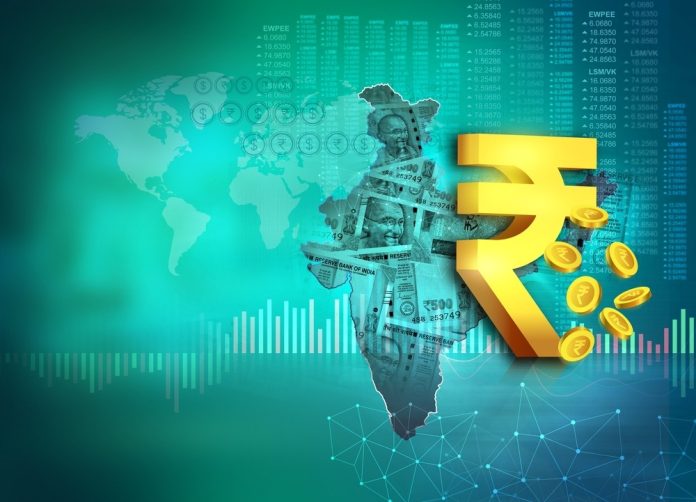A trader can now import goods from other nations and pay in rupees. Eighteen countries, including Germany, Kenya, Sri Lanka, Singapore, the United Kingdom, and many others, are now permitted to transact in rupees by the central bank, the RBI. The Indian Rupee is traded internationally since 18 nations have agreed to do so.
These nations will invest this money in Indian businesses and purchase goods and services from India. It will increase commerce and lower transaction costs associated with trade. India is one of the most significant trading partners for many nations, and by adopting the rupee as a settlement and invoicing currency, these traders’ exposure to exchange rate risk in the global market will be reduced.
Also, it will lessen India’s trade deficit. India had a $233 billion merchandise trade deficit from April 2022 to January 2023, calculated as export minus imports, as more nations are willing to trade in rupees. As a result, India will be able to increase its exports.
Trade with South Asian nations like Nepal and Bhutan will increase. Also, it will support the growth of financial markets. In response to the West’s sanctions on Russia, the BRICS countries have already attempted to de-Dollarize the global economy. As a result, China had the chance to establish itself as a possible US rival.
In addition to the present settlement methods in other currencies, disputes between India and Malaysia can now be resolved in Indian Rupee (INR), the foreign ministry announced on Saturday.
According to experts, the action could encourage India’s trade with South Asian nations like Bangladesh and Sri Lanka, experiencing a dollar scarcity. Like many developing countries, the rising global oil and food prices in the wake of the Ukraine war have put pressure on their foreign exchange reserves.
“The rupee mechanism is a sensible countermeasure for nations struggling with a dollar shortage. Ajay Sahai, Director-General of the Federation of Indian Export Organizations, told VOA that from the perspective of exporters, it is preferable to export in rupees and continue doing business if they cannot trade with Sri Lanka due to a lack of foreign exchange.
Countries in East Asia are likewise aiming to increase local currency trading within the area. The Association of Southeast Asian Nations (ASEAN central)’s bank governors and finance ministers met last week and decided to look at ways to encourage the usage of local currencies in the region for financial transactions.


